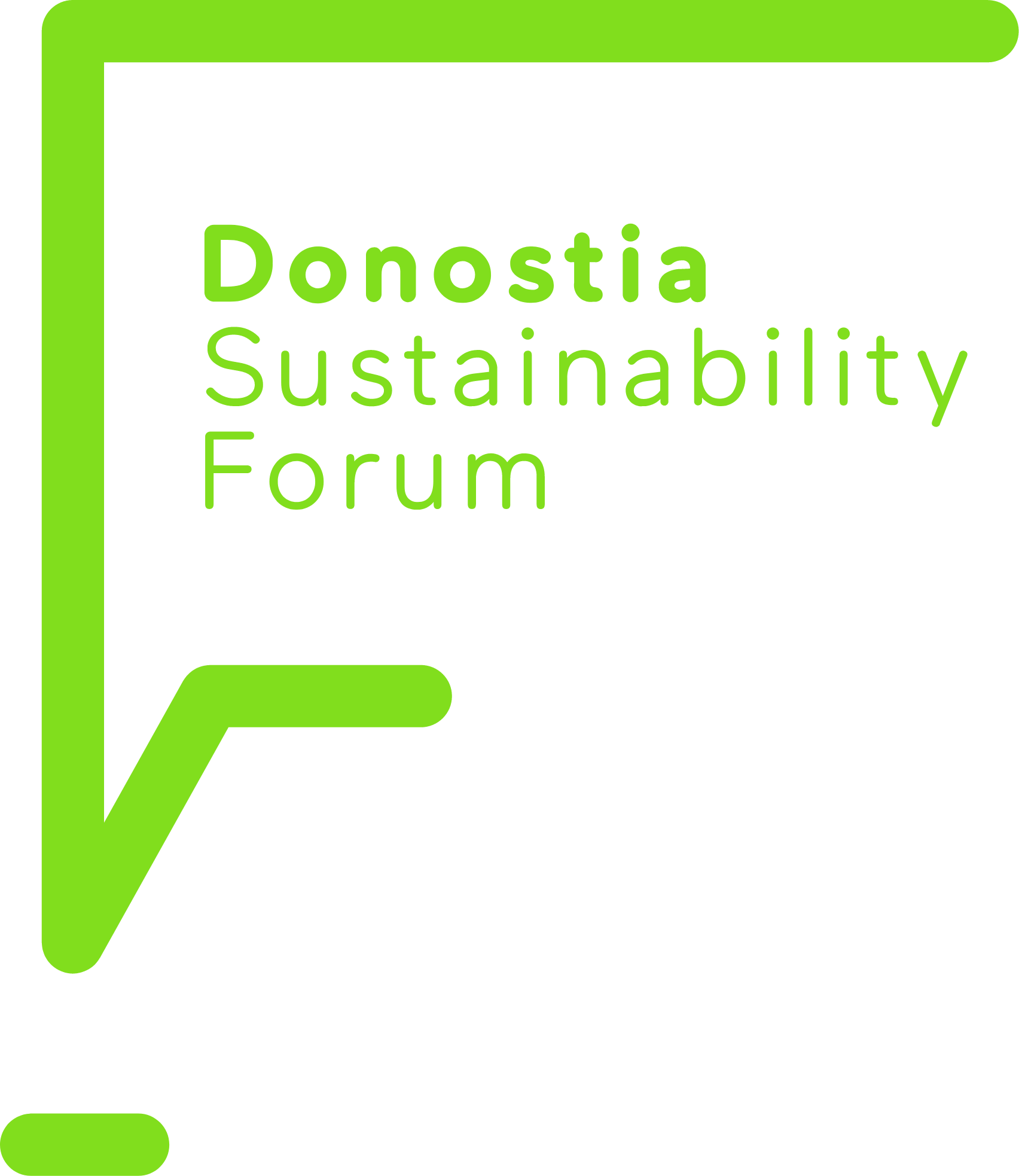We have to act fast. Every degree counts
<p> Mikel González: The speed of the energy transition will depend a lot on the degree of social support, and for this it is key that policies are socially just.</p> <p> With current technologies we could already decarbonize 80% of CO2 emissions.</p>

One of the core messages that Mikel González-Eguino wants to bring is that "we are late" but "there is still time". He is a senior researcher at the BC3 Basque Center for Climate Change and co-director of the Summer Course on the European Green Deal: Green Deal: ¿punto de inflexión frente a la crisis climática?
"The public investments involved in the European Green Deal must be directed towards the promotion of clean and renewable energies in order to progressively abandon fossil fuels; this is an opportunity we cannot miss," said Mikel González-Eguino, who is confident in Europe's tractor power. "Europe has managed for several decades to maintain a reasonably stable and ambitious climate policy. In fact, it has reduced its emissions by 20% since 1990". It is very important that the EU maintains its commitment and leadership. The USA has made its commitment and China has announced the reduction of emissions to 0 in 2060. In Glasgow we will see how all these pledges are realized.
The latest IPCC report states that we are going to reach an increase of 1.5º due to the inertia of the climate, but if we make drastic reductions in CO2 emissions, we would still have time to return to that 1.5º in this century. There is a possibility just as there is a feeling of unease. "From science we must always be clear and direct, tell the truth, and that means saying that the situation of the climate crisis is serious, and that the transition will not be easy at times, but also that it is possible to make it. Because the situation is complex and difficult, we cannot afford to fall into pessimism. We have to give our best and ask governments to promote all the public policies necessary to rule out the worst scenarios set by the IPCC. Every tenth of a degree counts.
Mikel González-Eguino, betting on the optimistic, but also possibilistic path, said that "with current technologies we could decarbonize 80% of CO2 emissions and in many cases at a lower cost than fossil energies. In the energy sector, renewables are already cheaper than fossil fuels. In mobility, the cost per kilometer of an electric car is lower than that of a combustion car.
The use of renewables for electricity production, energy savings and efficiency and the electrification of many energy uses can reduce emissions by 80%.
The other 20% can be in the hands of the expectations that open up with green hydrogen or CO2 capture and storage technologies and, very importantly, we will also need to stop deforestation and increase natural carbon sinks.
Technological innovation is essential, as is innovation in social policies, to ensure that the energy transition is just. That is what will regulate the speed of the transition.
The energy transition requires different paces in different regions. The emissions caused by each country are different, the level of development is different and so is the capacity to maneuver. The EU is aiming for net-zero emissions by 2050. China's commitment by 2060 is very important because it emits more than Europe and the USA combined. India, with its 1.3 billion inhabitants, hardly emits at all and has to adapt to its situation. Responsibilities are common but different.
The mobilizations that are taking place worldwide, mainly among young people, are a reason for hope in the opinion of Mikel González-Eguino, "the growing demands of a society which increasingly understands the consequences of the climate crisis will demand more forceful actions to curb the climate crisis".
It is in our hands to control the level of the changes that we know are going to occur, which is why it is essential to progressively abandon fossil fuels. "If this also entails a change in our habits and our consumption and development model, we will have to accept it. It's about living better now and in the future, not about consuming more and more.



